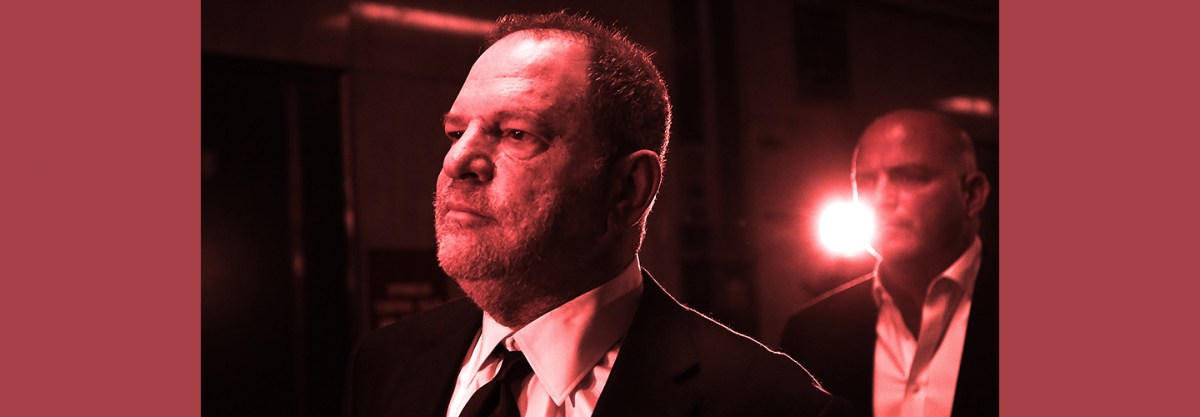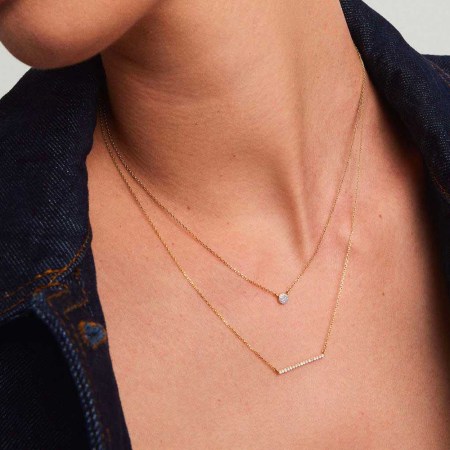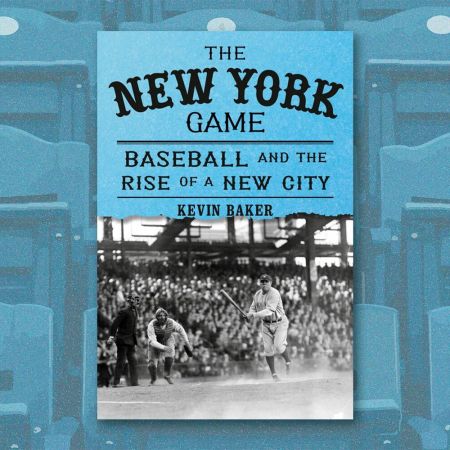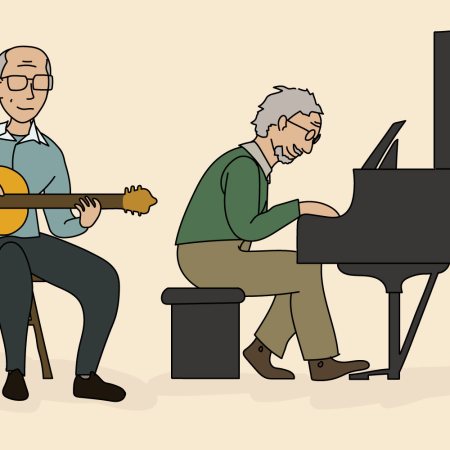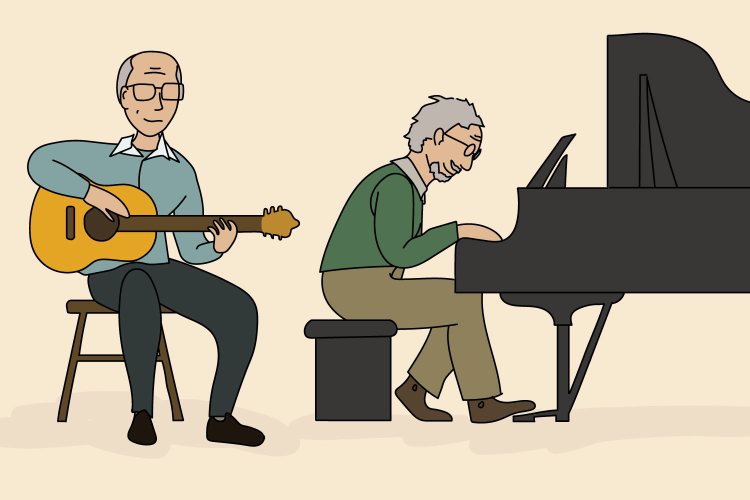It’s been a year since charges that include sex trafficking and rape ripped Hollywood mogul Harvey Weinstein from his Oscar-adorned seat at the most well-stocked table in the world. It sent the #MeToo movement mainstream, and collapsed the careers of dozens of other powerful men across industries. Survivors deluged Twitter with their own stories, in which women and a number of men came forward to speak out against assault and share their own experiences with it. The hashtag transcended itself, becoming not just a loudspeaker for the long-silenced, but a cultural flashpoint around the globe.
But what does #MeToo look like offline, in boardrooms and bedrooms of men around the world? The conversations become more complex when they’re not compressed into 280 characters. Though many men are supportive of the movement, some still worry about false accusations, which the FBI estimates occurs in about 8 percent of forcible rape reports. Others think that focusing on that percentage is used as a distraction to redirect attention away from the victim — but the men RealClearLife spoke to, all in their 20s and 30s, agree that false accusations threaten the integrity of the movement as a whole.
A RADICAL, REVOLUTIONARY MOVEMENT
Carl Cederström, an associate professor at Stockholm University in Sweden, took the past 12 months to listen and learn from survivors of sexual assault, ultimately reading 13 classic feminist books that range from The Feminine Mystique to Woman Hating. He wrote about his takeaways from the works in a Guardian column, telling RealClearLife in a recent Skype interview that he found the time after the Weinstein allegations broke as “educational.”
“I think I experienced from a lot of male friends, and even sort of public discourse in the media, that a lot of men sort of took a step back and sat down and reflected for a moment,” Cederström said. “And (they) felt now is the time to try and understand what’s happening, and not rush to any conclusion and not try to hush things up, but just let the things unfold and be attentive.”
Cederström, who intentionally kept an open mind over the last year, also notes that there have been “things that came out of MeToo that were problematic.”
“In Sweden for instance, there were allegations against a man who was running a theater who ended up committing suicide. So that was a very regrettable side effect,” Cederström said. “But those stories have really been overshadowing, I think, the radical and in some ways revolutionary moment that I and so many other people experienced.”
He went on to say that he appreciated that people now have the ability to discuss relations between men and women inside and outside of work, as well as sexual assault, and what feminism means to him.
“[People think] feminists hate men, they don’t want anything to do with men. But even in a book like Angela Davis’ book, which is one of the most radical on the list, the woman really focuses on positive cases of men standing up for women’s rights, like Frederick Douglass and W.E.B. Du Bois,” he said. “So they really do reach out — pretty much all of them — in various ways to men, and I think you’d actually, if you sit down and read these books, you’d be surprised to find that.”
Indeed, there are men who support the movement, but believe that it’s going to make men uncomfortable for a long time — for better or worse. Nj Sithole, an actor and event organizer in Cape Town, South Africa, told RealClearLife in a Facebook audio interview that he’s a longtime feminist — despite the threat of an allegation raised against him that he says is false.
REAL OR FAKE, ALLEGATIONS LAST FOREVER
“I was going into my senior year of high school [and] my best friend lived in a block of flats. There was one girl, and she was a year younger than me. We ended up that summer just hanging out, making out, fooling around — we definitely didn’t have sex but we were definitely intimate in different ways,” Sithole said.
He explained that with the new school year came a busy schedule, and she became less of a priority, which she noticed. Sithole said talk of an allegation came after the girl asked Sithole’s friend why she hadn’t seen him in a while.
“[My friend] Kenny was like, “Don’t you know? Nj doesn’t have time for you, Nj’s got many girls,’ and ran his mouth off. Now, I’ve never been a player, I’m not callous enough to be it — I don’t know why he said it, I don’t care,” he said. “But anyway, she got apparently into a hot panic, and she uttered the words: ‘I’m going to say he raped me.’”
Sithole said that word got back to him after the girl told a family friend.
“That sh-t freaked me the f-ck out, I can tell you that right now. And, afterwards, nothing happened,” he said. “But I can tell you why I can sympathize, because I understand you can go, ‘Oh my God it doesn’t matter if it’s true or not, it’s just out there, and once it’s out there, it can’t come back. At best, people will say ‘Oh no that can’t possibly be true,’ at worst, ‘You know he did it, but unfortunately they’re unable to prove it.’”
Sithole said that despite this, “I’m not particularly worried about false accusations,” and that this is a necessary part of stripping away “privilege.”
“It’s the same thing with white privilege. It’s not that every white person in the world owned slaves or caused slavery, but now because their privileges are being stripped away, and we’re trying to bring things to an equal basis, we’re going to have people going: ‘Why is this happening, why are these things happening to me? Why, why, why?’ That privilege is being stripped away and it sucks, I get that — but that time’s over,” he said.
But there are some men who find the possibility — or even the inevitability — of false accusations more troubling, especially in a professional space.
“THIS IS WHY #METOO CAN BE TERRIFYING”
U.S. Army Sergeant Jonathan R. Holst, stationed in the state of Georgia, thinks that false accusations hurt all parties involved — men, women, and the movement at large.
“I can say personally, I believe any movement to a degree is healthy if it is shedding light on something most believe to be ‘taboo,’” Holst wrote in text messages to RealClearLife. “Women used to be hushed about any topic in relation to sexual acts.”
However, Sgt. Holst thinks that it’s not uncommon to see people close to a movement use it as a catalyst for something “entirely estranged” to its key purpose.
“Black Lives Matter started as an outreach to racial bias in police systems, but turned into a racial slur against anyone that wasn’t black. #MeToo is to shed light on victims of sexual assault and help give them a voice as a whole where one couldn’t find their own,” he said. “It is now slipping into an ‘I regret how I felt when I told my friends’ instead of ‘I also had a man/woman use their position or friendship to place me in a situation that violated my boundaries as an individual or tarnished my moral compass.’”
Sgt. Holst said he has friends who are saying #MeToo “for the absolute right reasons,” but he’s also heard of people who slept with others willingly, “then walked away, talked to people and were harboring regrets for it, and [turned] around claiming foul play.”
“I myself haven’t placed myself in situations with people who would say something in that manner but I am worried for younger soldiers that aren’t aware of people being manipulative to seek fame or a pay check,” he said, noting that sexual assault in the U.S. military is taken extremely seriously.
“In most cases if a person is accused they are immediately ostracized from the group and ultimately removed from the Army or service in a ‘dishonorable’ fashion,” Sgt. Holst said. He also explained it can be difficult to gain employment with a dishonorable discharge. “This is why #MeToo is terrifying, because this may be used against others to defame or ruin someone’s career. Accusations do not resolve themselves after the case, there will always be the lingering accusation.”
“PEOPLE DON’T LIKE TO BE PREACHED AT”
The fear of shattered reputation is shared across the pond in England by a colleague of this reporter who works in media. Not comfortable enough to speak on the record for fear of professional repercussions, he described an accusation leveled against him at a wedding he attended over the summer.
“I was walking across the dance floor of the wedding, a lot of alcohol flowing — the next thing I know there’s a girl in my face, accusing me of sticking my finger up her a–, the sheer physics of which would be impressive,” he explained. “She basically threatened me and screamed in my face for an hour… there’s not a shred of truth to that, I’d be mortified if I’d even brushed her a–. I’m British for God’s sake. And Jewish.”
He recounted that the altercation became so heated, the woman punched one of his female friends, who was defending him, in the side of the head.
“I can’t help but think if I’d been at a wedding — it was hilarious the next day, but if I’d been at a different wedding where I didn’t know everybody — that’s my reputation as a guy, there’s nothing I can say back. If you say you didn’t do something, what guarantee is that? That happened to me personally, that was quite upsetting, I’m not gonna lie. It was like a fever dream from a f-cking David Lynch movie,” he said.
Even still, he said he supports the movement, and there’s a tremendous amount of work that can and should be done for gender equity — noting that it’s important to recognize that the opinion or behavior of one man doesn’t account for the rest, and that change can occur when people have civil discourse, rather than shouting matches.
“Asking what men think is like me asking you what women think. There’s going to be a whole rainbow of opinions. I’ve learned that as with many hot button political issues right now, whether that’s Brexit or Trump or MeToo, people don’t like to be told what to think,” he said. “People don’t like to be preached at. That’s quite a tricky thing, because I think there’s a lot of people in my [millennial] generation who find it very hard to walk away from things and agree to disagree,” he said.
Although there is no set path forward for how men should approach the MeToo movement, it appears that a year out, one thing is undeniable: The conversation about how to prevent sexual assault — and false accusations — is still very much alive and thriving.
“It’s like the old adage, ‘you don’t make peace with your friends,’” the colleague of this reporter said. “So, in the same way you don’t need to convince me to not grope women, you need to convince [the Weinsteins of the world] to not grope women. And that’s the real battle.”
This article was featured in the InsideHook newsletter. Sign up now.
